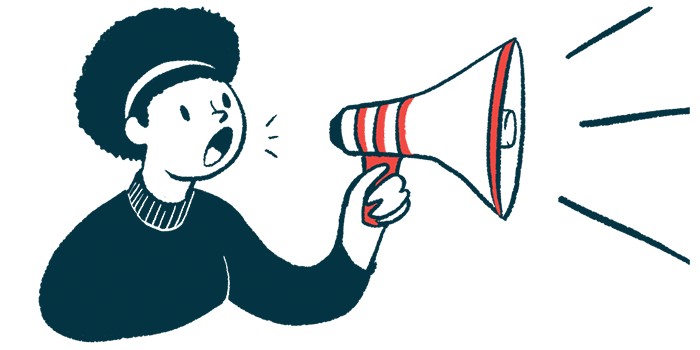BMD Natural History Study May Aid EDG-5506, Other Therapies’ Research
Written by |

A new natural history study that seeks to collect information about how Becker muscular dystrophy (BMD) progresses in the absence of treatment is now enrolling.
The study is being led by the GRASP (General Resolution and Assessments Solving Phenotypes) consortium and Virginia Commonwealth University, its primary sponsor. Also collaborating on the study are ImagingDMD University of Florida and Edgewise Therapeutics, which is developing an experimental oral therapy for BMD called EDG-5506.
The trial (NCT05257473) aims to enroll about 150 male BMD patients, ages 8 and up, at locations in the U.S. and Europe. Contacts and locations may be found here. As a natural history study, the goal is to assess the course of BMD in the absence of treatment.
BMD is caused by mutation in the gene encoding dystrophin, a protein that functions like a “shock absorber” in muscle cells, helping protect them from damage during muscle contractions. EDG-5506 is designed to protect muscle fibers from damage by selectively targeting a protein called myosin, which is involved in muscle contraction.
Early clinical trial data have suggested that the experimental therapy is well tolerated and reduced markers of muscle damage in BMD patients.
Over the two-year study, researchers will assess changes for several measures of muscle function, such as the time it takes to climb four stairs or walk 100 meters (about 330 feet). The North Star Assessment for limb-girdle muscular dystrophy (LGMD) is also being used. LGMD and BMD tend to affect some of the same muscle groups near the shoulders and hips.
The study is also tracking changes in measures of heart and lung function, as well as imaging of muscles and testing blood biomarker levels.
Results are expected to provide a clearer understanding of how BMD tends to progress without treatment.
The disease exhibits some variation among people, which has proven a challenge for designing clinical trials as it can be difficult to tease out the effects of a treatment amidst all the “noise” in the data. By providing a better understanding of natural disease progression in a large group of patients, the results may help evaluate the effectiveness of potential future treatments such as EDG-5506.
“The severity and progression of symptoms common in BMD, like progressive muscle weakness, vary from person to person and have posed a challenge in clinical trial design,” Joanne Donovan, PhD, MD, chief medical officer at Edgewise, said in a press release. “With this study, we hope to evolve assessments of disease progression as we advance our lead clinical candidate, EDG-5506, into Phase 2 clinical trials for adolescents and adults with BMD.”






